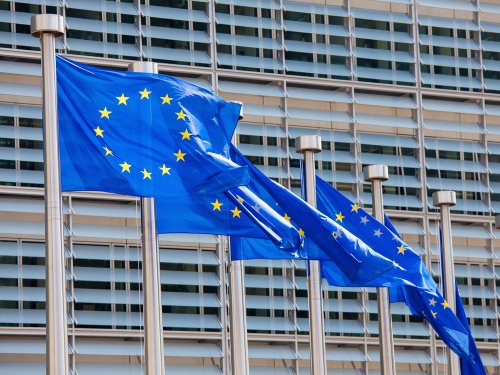Brussels (Brussels Morning) Healthcare regulators are probing a popular, Chinese-made prenatal genetic test following discovery that the company producing the tests has ties with the People’s Liberation Army (PLA) of China.
Regulators in three EU countries – Germany, Slovenia and Estonia – as well as in Australia and Canada, are concerned about the use of private information of pregnant women undergoing the tests, with Slovenia and Germany investigating possible breaches of EU data protection rules.
The widespread Nifty test is sold in at least 52 countries and has already been taken by 8.4 million women in the world. The genetic test, produced by the Shenzhen-based BGI Group, collects DNA samples of pregnant women and their foetuses, which are then sent to the company’s Shenzhen lab.
The women are required to sign consent forms, giving permission for their blood and DNA samples to be shipped abroad and used for research. The test itself screens for Down Syndrome markers and around 80 other potential genetic abnormalities.
The concern lies in the possibility that BGI was using the samples to research traits of populations, with several studies showing the test was developed and improved in collaboration with the PLA. The company is also reportedly cooperating with the PLA in other areas of research.
The privacy policy on BGI’s website clearly states that data collected through Nifty testing can be shared for national security purposes in China. While the company says it has never done so, the Chinese national security laws would forbid the company to admit it has complied with security agencies’ requests, even if it had.
Slovenian company GenePlanet, which sells Nifty tests across Europe, claims it is operating in accordance with EU regulations, and that the genetic data of its clients was used for research in China only with informed consent. The company also insists that none of the patient data is going to mainland China.




